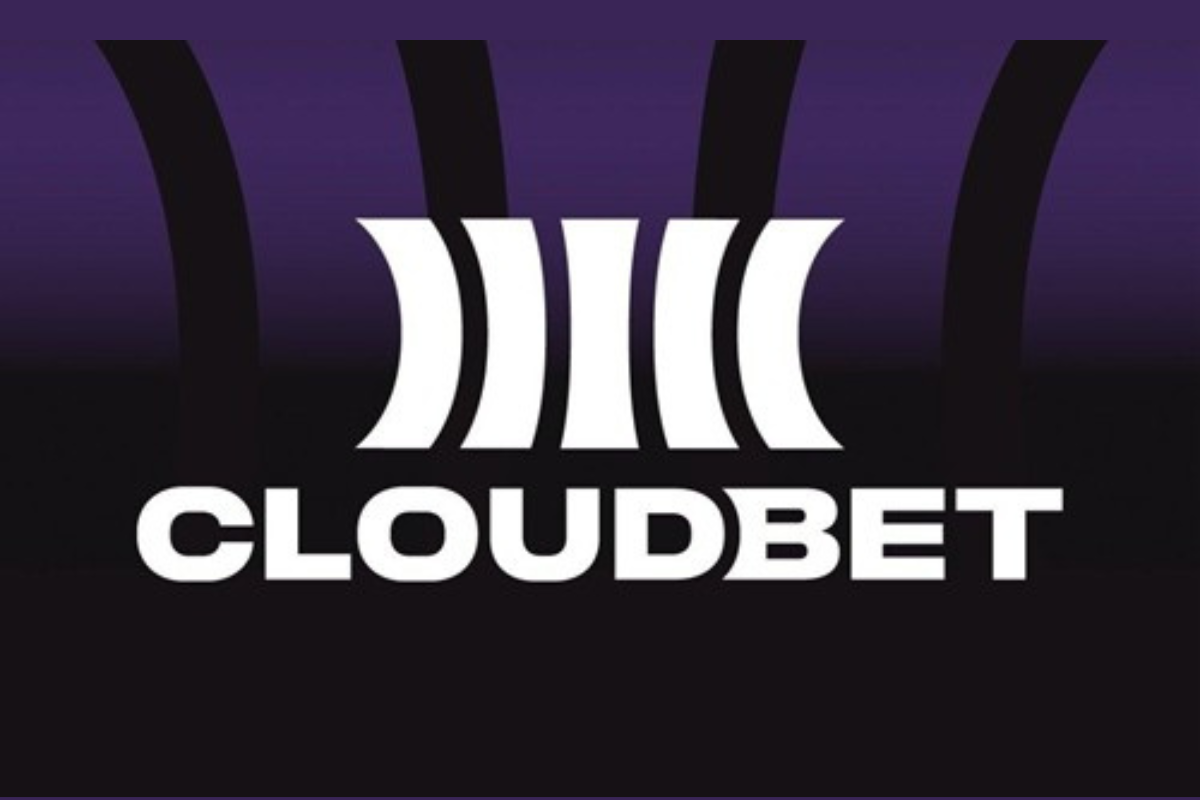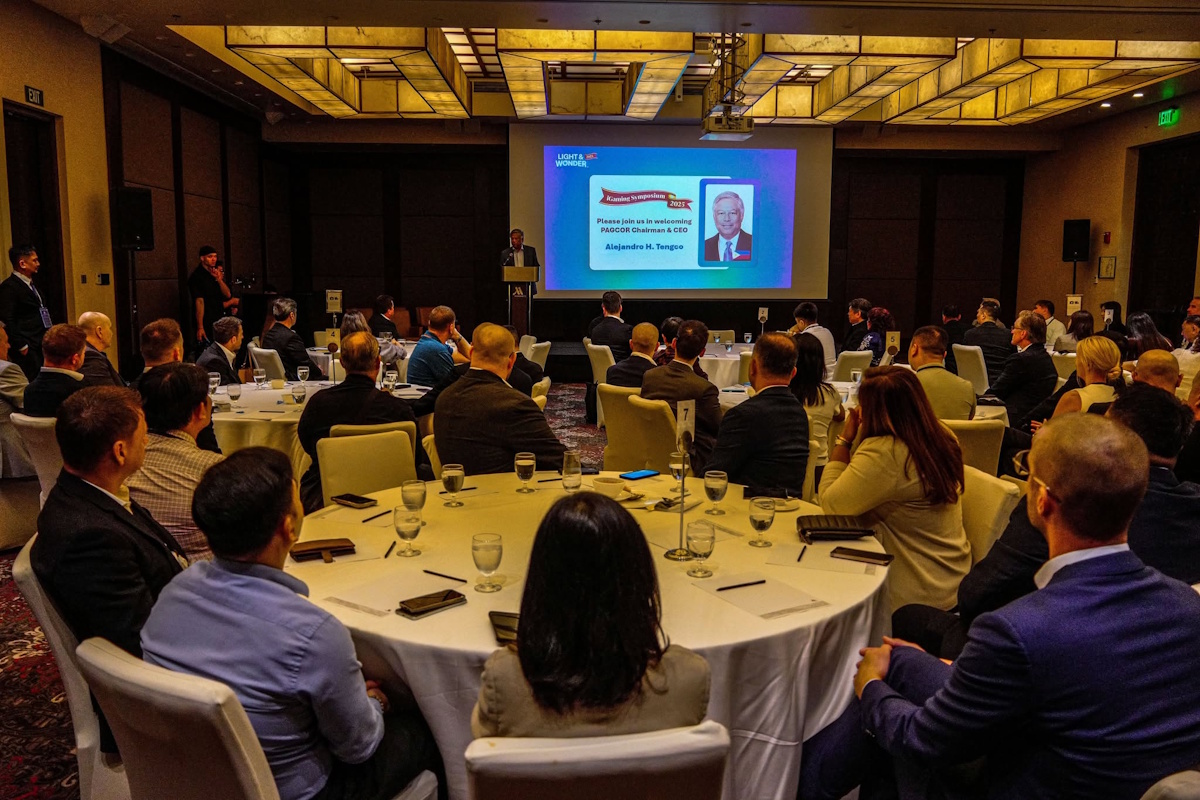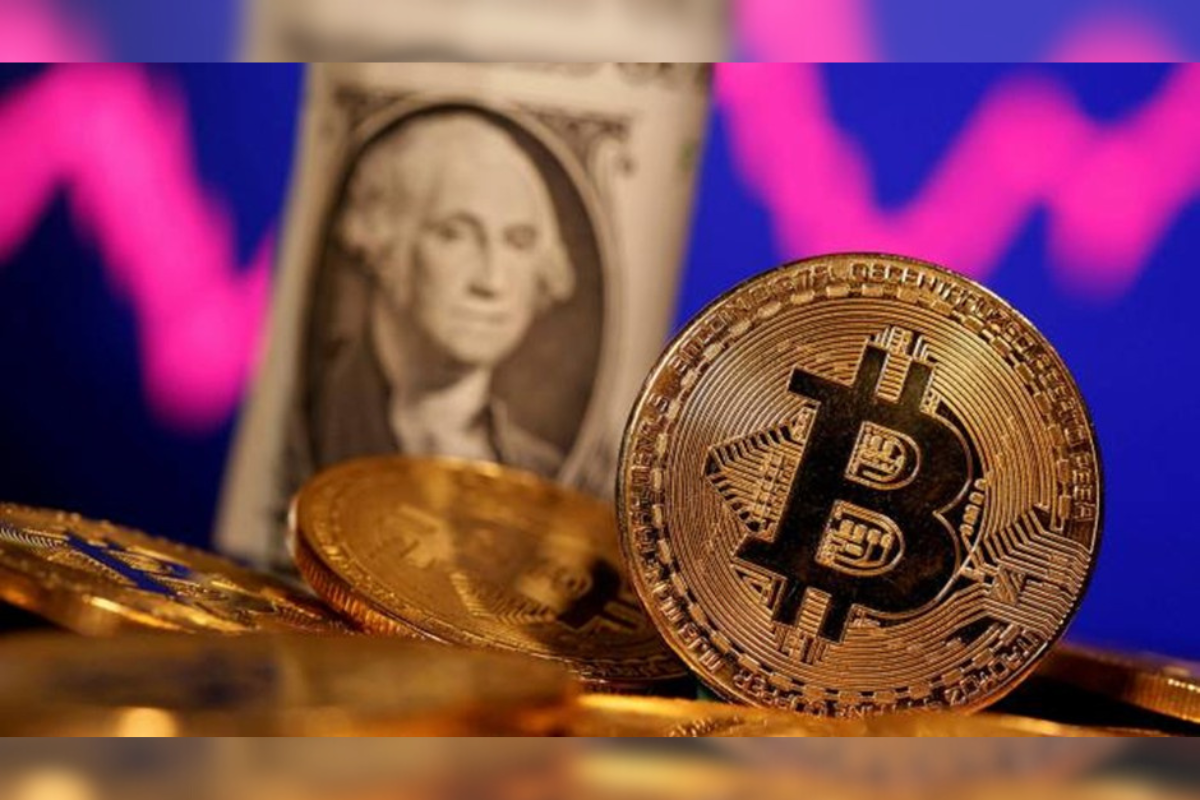Compliance Updates
EU Tightens the Reins: New Gambling Regulations Shake Up the Industry

You’re about to dive into the latest developments in EU gambling regulations. Discover how these new rules are reshaping the landscape for operators and players alike. From stricter advertising guidelines to enhanced player protection measures, find out why these changes matter and how they’re impacting the industry.
The European Union has long been at the forefront of regulating the gambling industry, and its latest set of rules is no exception. With the aim of promoting responsible gambling practices and protecting vulnerable individuals, these new regulations are set to transform the way operators conduct business and how players engage with gambling services. Let’s explore the key changes and their potential impact on the industry.
Stricter Advertising Guidelines
One of the most significant changes in the new EU regulations is the tightening of advertising guidelines for gambling operators. These rules aim to curb aggressive marketing tactics and misleading promotions that could lure vulnerable individuals into excessive gambling.
Key changes include:
- Restrictions on using celebrities or influencers in gambling advertisements
- Limitations on the timing and frequency of ads during sports broadcasts
- Mandatory inclusion of responsible gambling messages in all promotional materials
For operators, these changes mean a complete overhaul of their marketing strategies. Many online casino real money platforms will need to rethink their approach to player acquisition and retention, focusing more on responsible gambling messaging and less on flashy promotions.
Enhanced Player Protection Measures
The new regulations also introduce more robust player protection measures, designed to prevent problem gambling and ensure a safer gaming environment for all users.
Some of the key features include:
- Mandatory deposit limits and cooling-off periods
- Enhanced self-exclusion programs across all EU member states
- Improved age verification processes to prevent underage gambling
These measures are expected to have a significant impact on player behaviour and operator practices. While some industry insiders worry about potential revenue losses, many experts believe these changes will lead to a more sustainable and responsible gambling ecosystem in the long run.
Data Protection and Privacy Enhancements
In an era of increasing digital threats, the EU has also focused on strengthening data protection and privacy measures for gambling operators and their customers.
New requirements include:
- Enhanced encryption standards for financial transactions
- Stricter protocols for storing and handling personal data
- Regular security audits and vulnerability assessments
These changes come as welcome news to players concerned about their online safety and privacy. For operators, implementing these measures may require significant investments in technology and infrastructure.
Impact on Sports Betting and Fantasy Sports
The new regulations also extend to the world of sports betting and fantasy sports, with several provisions aimed at maintaining the integrity of sports and preventing match-fixing.
Key changes in this area include:
- Stricter monitoring of betting patterns and suspicious activities
- Enhanced cooperation between operators, sports organisations and law enforcement agencies
- New guidelines for sports betting news coverage to prevent the spread of misleading information
These measures are expected to have a profound impact on the sports betting industry, potentially leading to more transparent and fair betting practices.
The Road Ahead: Challenges and Opportunities
As the industry adapts to these new regulations, both operators and players face a period of adjustment. While some may view the changes as restrictive, many industry experts see them as an opportunity for innovation and growth.
For operators, the challenge lies in finding new ways to engage players while adhering to stricter guidelines. This could lead to the development of more creative and responsible gambling products and services.
Players, on the other hand, can look forward to a safer and more transparent gambling environment. With enhanced protection measures in place, they can enjoy their favourite games with greater peace of mind.
As the EU continues to lead the way in responsible gambling practices, other regions may soon follow suit. This could pave the way for a global shift towards a more sustainable and ethical gambling industry, benefiting operators, players and society as a whole.
-

 Asia3 days ago
Asia3 days agoDigital gaming disruption tackled in 1st AsPac Regulators’ Forum
-

 Latest News6 days ago
Latest News6 days agoCloudbet maps regional betting trends in August–September 2025
-

 Latest News6 days ago
Latest News6 days agoHigh Roller Launches New Online Casino Brand in Finland
-

 Latest News6 days ago
Latest News6 days agoNetBet Denmark expands its casino library by adding SYNOT Games as a provider
-

 Central Europe6 days ago
Central Europe6 days agoPromatic Games and SYNOT Interactive Announce Strategic Partnership to Strengthen iGaming Expansion in Central and Eastern Europe
-

 Asia5 days ago
Asia5 days agoPAGCOR chief pushes for stricter regulation, not online gaming ban
-

 Conferences in Europe6 days ago
Conferences in Europe6 days agoStrategies that Scale: Evoplay’s Alex Malchenko on Cracking the Code of Localised iGaming Success
-

 Conferences in Europe6 days ago
Conferences in Europe6 days agoNew Gamification Academy at SBC Summit to Present Fresh Approaches to Player Engagement

















